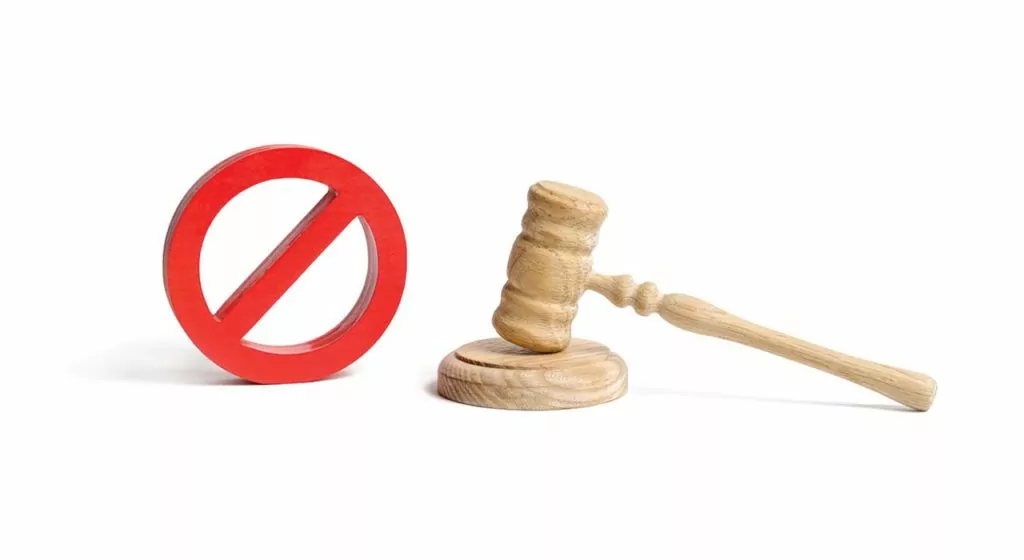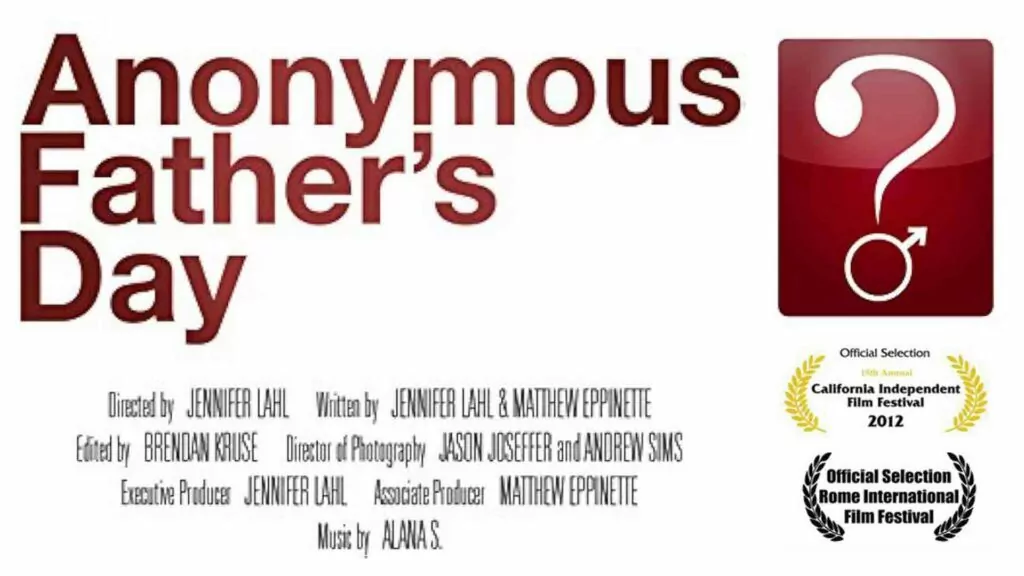In the midst of a misconduct investigation, Supreme Court Justice Russell Brown has chosen to resign his post on Canada’s top court.
The investigation was triggered by allegations of inappropriate conduct by Brown after an altercation in Arizona earlier this year. In a social setting, after a speaking engagement there, Brown was accused of making unwanted advances on a couple of women. In a public statement, Brown pointed to the slow misconduct investigation, the strain on him and his family, and the impact on the court’s proceedings, as leading to his decision that it was “for the common good” to resign. Accompanying the statement, Brown also released evidence to affirm his innocence in the matter.
While we aren’t in a position to judge Justice Brown’s guilt or innocence, we can consider the process. Brown was put on leave Feb. 1 and resigned on June 12. In his public statement he noted:
“At this point, it is impossible to know how much longer this delay would continue…. Given the progress so far, it is not unreasonable to think that this process may continue well into 2024.”
In Ecclesiastes 8:11, the Preacher tells us that: “When the sentence for a crime is not quickly carried out, people’s hearts are filled with schemes to do wrong.” The National Post’s Jamie Sarkonak echoed the thought: “The Supreme Court and the Canadian Judicial Council have shown troublemakers exactly what needs to be done to de-bench a judge.”
Canadian news website The Hub shared the reactions of other legal experts including Yuan Yi Zhu, an assistant professor of international relations and international law at Leiden University, who was very critical of the disciplinary process for Canadian judges.
“From Chief Justice Wagner’s decision to place Brown on an immediate leave of absence without official explanation on the basis of a flimsy complaint filed by a man who had assaulted his colleague, to the Canadian Judicial Council’s unbearably sluggish preliminary investigation which took the better part of half a year, to the numerous leaks from well-informed insiders to favoured journalists, the whole process has been designed to be as exhausting and wounding to Justice Brown as possible.
“There can be no better illustration of what American law professor Malcolm Feeley described as ‘the process is the punishment.’ Even if Justice Brown had been fully exonerated at the end of the open-ended process, his reputation would still have suffered, not to mention the fact that he would have been barred from exercising his chosen profession for the duration of the investigation, which could have run into years.”
The justice’s resignation has also shaken the Christian and conservative legal community.
Andre Schutten, Director of Law and Policy for ARPA Canada, told Reformed Perspective that Justice Brown’s resignation “is a major setback for our nation’s legal culture.” Schutten explained that Justice Brown was “faithful to the law, and respected and guarded the rule of law. He was a constitutionalist and believed ardently that the law must be something more than the ruler’s whims. Where a majority of the Supreme Court pursued their own policy preferences and bent the law to reflect that, Justice Brown was loyal to the constitution, even when such loyalty was not in vogue.”
Schutten is concerned by what this means for the highest court moving forward, saying that it doesn’t bode well for religious freedom in Canada and is “another step toward judicial policy-making that is decidedly progressive.”
Sean Speer, The Hub’s editor-at-large, shared that conservatives sometimes overstate their lack of influence in Canada. However,
“the one area though where conservative despair has been justified is the judiciary. The ‘living tree’ view of the Constitution has been the dominant (even the sole) judicial philosophy at law schools and on the bench for more than a generation.”
The “living tree doctrine” says that the Constitution’s meaning wasn’t determined by those who wrote it, but is created by the judges who read it, that like a tree it should change and grow with the times. Speer went on to explain that there has been a change in recent years, with “a new generation of law students and scholars… capable of challenging the prevailing legal monoculture.” And he pointed to Brown as a key figure in this movement.
“His judicial dissents, including in high-profile cases like References re Greenhouse Gas Pollution Pricing Act and Trinity Western University v. Law Society of Upper Canada, gave this emerging cohort of conservative legal thinkers and practitioners a credible and different way to think about individual rights, the division of powers, and the role of the court…
“His departure from the bench, therefore, represents a regrettable blow to these efforts. That future now feels farther away especially since he’ll predictably be replaced by another ‘living tree’ exponent.
“It’s important however, particularly for the young people involved in the legal movement that Brown came to personify, that it must ultimately be bigger than one person. While his resignation creates a significant void, it cannot bring an end to these efforts. Quite the contrary. It reinforces the need for more Russell Browns.”
Schutten came to a similar conclusion, noting that Brown’s resignation underlines again the importance of Christian engagement in the law. “For too long, Christians abandoned the field to secularists and we shouldn’t be surprised that the result is so few principled judges. The Christian community must recommit to serving their nation also in the courts of law, inspiring, encouraging, and assisting the next generation of Christian leaders to pursue law as a calling while ensuring those Christian lawyers think christianly about the law.”
The resignation paves the way for Trudeau to appoint a sixth judge to the nine-judge bench that already had the National Post’s Tristin Hopper deeming it “the most activist Supreme Court in the world.”
While that’s not an encouraging thought, Christians can remember that one day we will see perfect justice exacted by the Chief Justice of the world’s Supreme Court, before whom every knee will bow.













